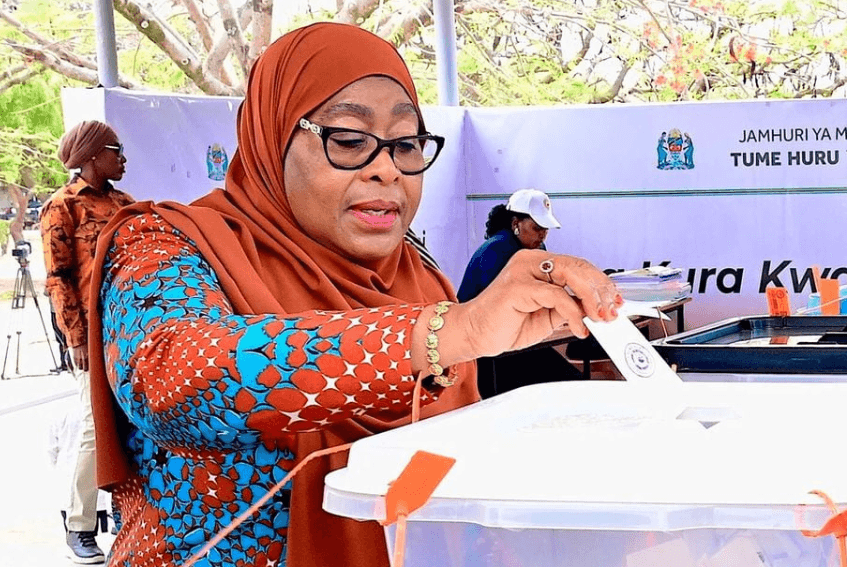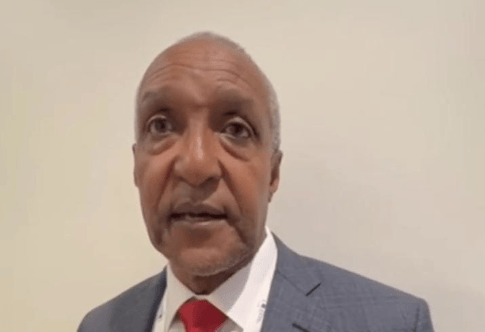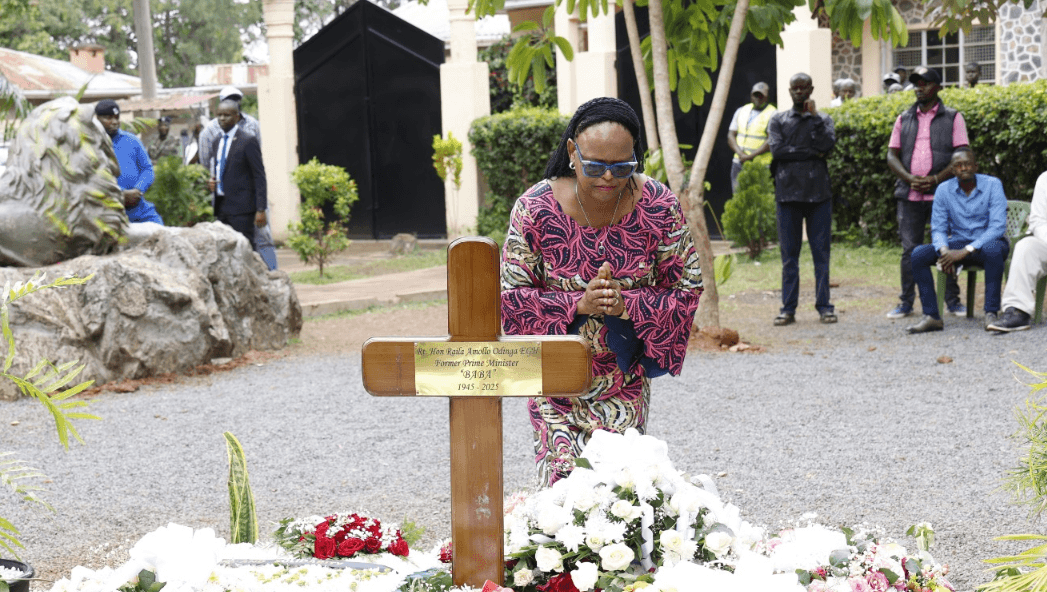Religious beliefs, conflict and resource limitations significantly hinder the use of modern contraception among Kenyan women, a new study shows.
The study conducted by the African Institute for Development Policy pointed out alarming gaps in Kenya's family planning efforts.
Led by Dr McEwen Khundi, the research and policy analyst at AFIDEP and published in BMC Public Health, the research revealed the struggle to meet Sustainable Development Goal indicator 3.7.1.
The SDG aims to ensure women aged 15–49 have their family planning needs met through modern contraceptive methods.
“Our findings reveal stark disparities in access to modern contraception across Kenya, particularly in regions plagued by drought and conflict. This evidence is a wake up call for policymakers to restrategise and urgently address these unmet needs,” Khundi said.
The study drawn from Demographic and Health Surveys data shows counties such as Garissa, Isiolo, Mandera, Marsabit, Tana River, Samburu, Turkana and Wajir have low contraceptive coverage.
This, he said, is due to the prioritisation of survival over healthcare in resource-strapped areas.
Khundi said the situation is aggravated by inter-communal conflicts fuelled by competition for scarce resources.
“To enhance modern contraception use in these challenging regions, an integrated approach that tackles conflict and climate change is vital,” the report recommended.
Director General of Health Dr Patrick Amoth said there is need for targeted interventions to bridge these regional gaps.
“The disparity in access to family planning services is stark, especially in arid and semi-arid land counties. Equitable access for all Kenyans is not just a goal but an urgent necessity,” he said.
The research extends its analysis to Nigeria and Ethiopia, where similar barriers exist in conflict-ridden areas.
The report noted that in northern Nigeria, misconceptions such as fears of infertility or cancer linked to modern contraception, are pervasive, particularly among Muslim communities, leading to low usage rates.
In Ethiopia, the impact of women’s education on contraception use varied, underscoring the complexity of addressing these issues in different regions.
“This study makes it clear that a one-size-fits-all approach will not work. Tailored interventions that consider the unique cultural and socio-economic contexts of each region are crucial,” Khundi said.










![[PHOTOS] Elgeyo Marakwet landslide victims arrive in Eldoret for care](/_next/image?url=https%3A%2F%2Fcdn.radioafrica.digital%2Fimage%2F2025%2F11%2F425460d9-7ff1-4975-8a1f-cd0aaefb7812.jpg&w=3840&q=100)

